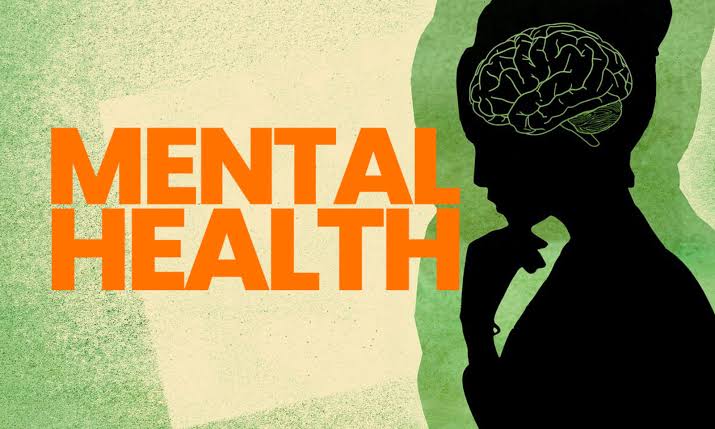MENTAL HEALTH LAW AND TREATMENT ADVOCACY.
MENTAL ILLNESS JUST LIKE ANY OTHER MEDICAL ILLNESS:
A mental illness is essentially a physiological disorder of the brain. Numerous mental health conditions have been rigorously defined and identified. These conditions are akin to any other medical illnesses, but regrettably, they are often disregarded due to their inconspicuous nature. Unlike overt physical health issues, mental illnesses remain concealed from view, despite their capacity to intensify and inflict substantial distress akin to physical pain.
The realm of mental health concerns pertains to individuals’ cognitive, emotional, and behavioral aspects, encompassing a broad spectrum of conditions that influence thought processes, emotional states, and conduct. Among the prevailing categories are clinical depression, anxiety disorders, bipolar disorder, dementia, schizophrenia, autism, post-traumatic stress disorder, and similar conditions.
According to the World Health Organization (WHO), mental health is characterized as a state of overall well-being, in which an individual recognizes and harnesses their own capabilities, effectively manages the regular life stresses, maintains productive and meaningful employment, and actively contributes to the welfare of their community
MOST LIKELY TO GET VULNERABLE:
Men, women, and children are equally susceptible to developing mental health conditions, often as a consequence of various forms of maltreatment. This mistreatment can emanate from family members, intimate partners, as well as afflict individuals who have endured sexual assault. Furthermore, it can adversely affect children who have been subjected to detrimental parenting practices, as well as individuals who have grappled with substance abuse. Additionally, postpartum depression is a condition that some women may experience following childbirth.
Pharmeasy reports that approximately 60 to 70 million individuals in India grapple with prevalent and serious mental health conditions. India holds the unfortunate distinction of having the highest suicide rate worldwide, with an annual incidence of over 2.6 lakh suicide cases. According to World Health Organization (WHO) statistics, the average suicide rate in India stands at 10.9 per every one lakh individuals.
MENTAL HEALTH LAW IN INDIA:
In India, the Mental Health Care Act of 2017 was enacted on April 7, 2017, and it became effective on May 29, 2018. This legislation effectively removed the criminalization of attempted suicide, which had previously been punishable under Section 309 of the Indian Penal Code. The Act is designed to establish a framework for mental health care and services catering to individuals with mental illnesses while safeguarding, promoting, and upholding their rights.
Notably, the Act permits individuals to formulate advance directives, delineating their preferences for treatment, thereby ensuring that their choices are honored should they become incapacitated. This provision holds significant importance in respecting patients’ autonomy and wishes. Furthermore, the Act underscores the necessity for the training of mental health professionals, law enforcement agencies, and various stakeholders to guarantee the compassionate and respectful treatment of individuals dealing with mental illness.
Additionally, it places the responsibility on the government to foster mental health awareness, provide accessible and cost-effective mental health services, and ensure the protection of the rights of individuals afflicted with mental illnesses.
TREATMENT ADVOCACY:
The concept of mental health advocacy has been developed with the primary objectives of promoting the human rights of individuals with mental disorders and diminishing the prevailing stigma and discrimination associated with these conditions. These advocacy endeavors have yielded the establishment of peer support groups and networks, providing a platform for individuals who have firsthand experience with mental health issues to share their personal narratives and extend support to others.
Advocacy also encompasses legal initiatives designed to safeguard the rights of individuals coping with mental illness, ensuring their unimpeded access to appropriate treatment and support. A number of advocacy organizations engage in collaborative efforts with government agencies to exert influence on the formulation and execution of policies pertaining to mental healthcare.

Moreover, advocacy groups routinely undertake awareness campaigns and events aimed at engaging the public, mitigating stigma, and disseminating crucial information about the availability of mental health services. It is worth noting that the execution and awareness of mental health laws can exhibit regional disparities across different states in India, with several challenges remaining in the pursuit of comprehensive mental healthcare for all. In sum, mental health treatment advocacy in India is a multifaceted endeavor that seeks to confront the intricate obstacles related to mental healthcare, encompassing issues of stigma, accessibility, and the safeguarding of individuals’ rights. Its role in enhancing the broader mental health landscape in the country is of paramount significance.
SOURCES:
Author: PRIYANJALI ANTHONY, a Student of MEWAR GROUP OF INSTITUTIONS


